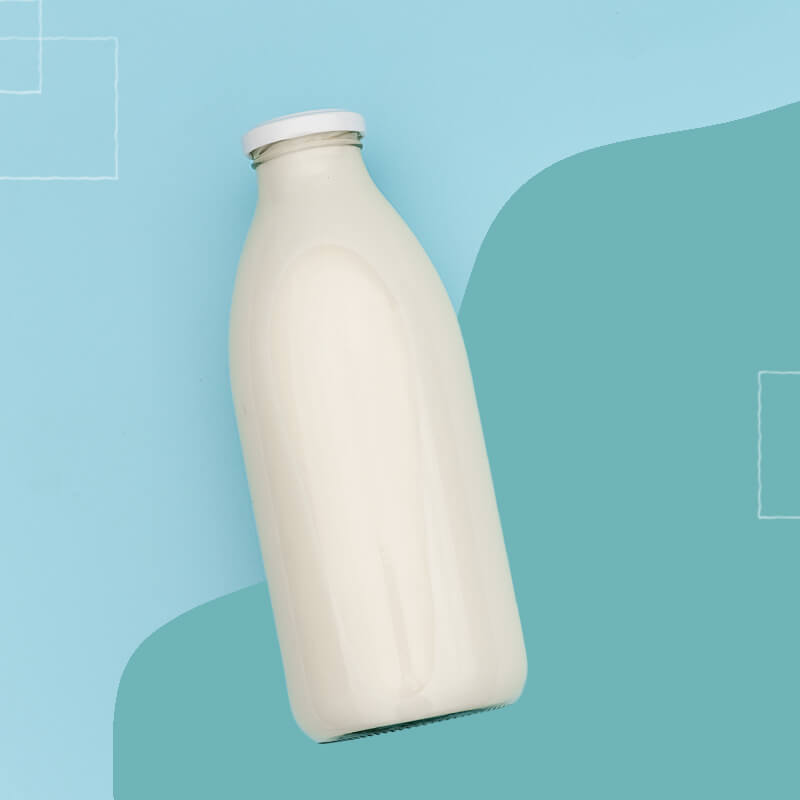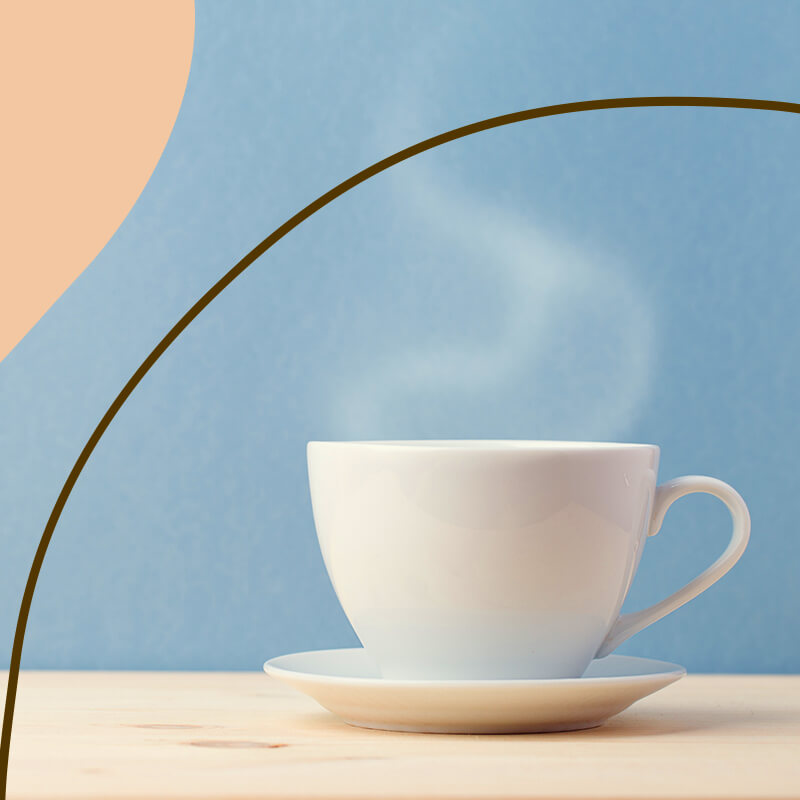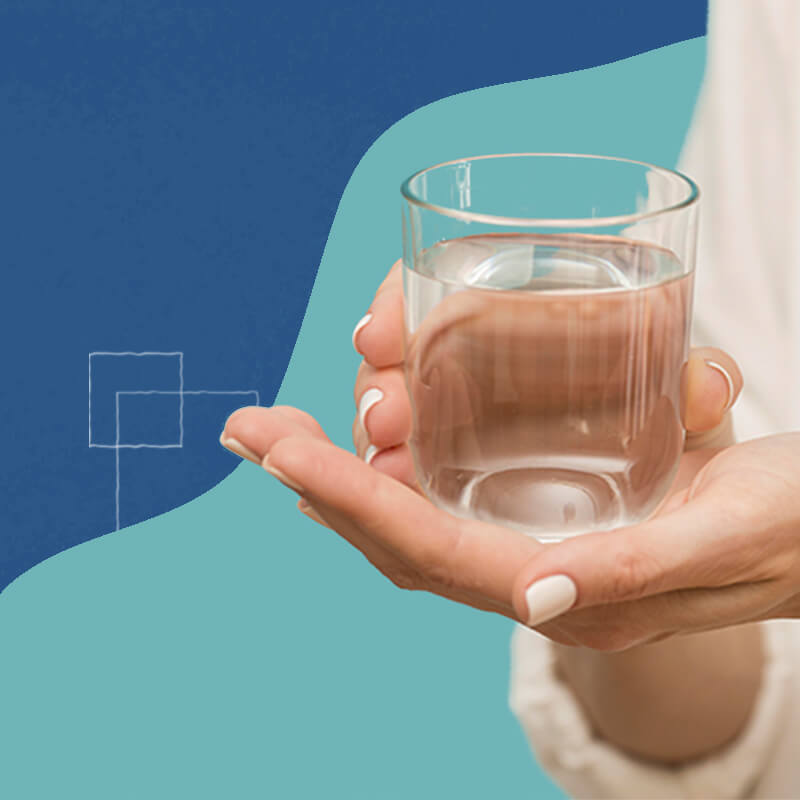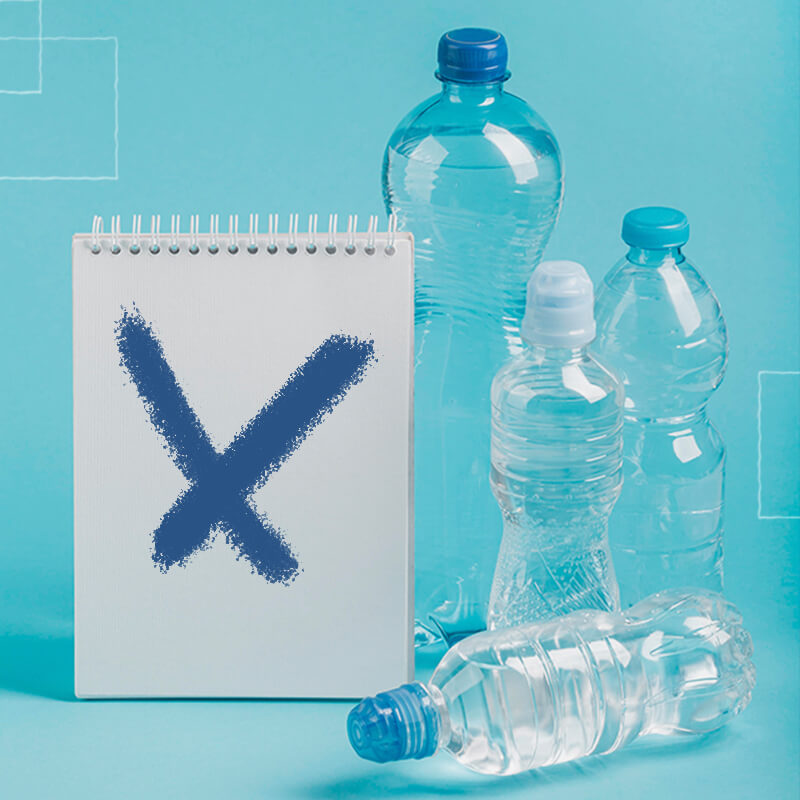If you are having a tooth extracted, dental implants placed, or bone substitution, pay attention to what you eat afterwards. Of course, in order to heal properly, we need to take care of the wound. This means we have to watch what we eat/drink.
After an oral surgery, the dentist closes the wound with stiches, so it can heal in the following 1-2 weeks. This healing time is followed by the removal of stiches. However, in between the two appointments, we need to pay extra attention to take care of the wound. At first it may seem we won’t be able to eat anything, but this is far from the truth. Dr Máté Kelemen, VitalEurope’s dental surgeon joined us to discuss all the guidelines of proper healing.
When can I start eating/drinking?
Right after the surgery you can have still water, but eating is not recommended until the anesthetics wears off. Mainly because we can easily bite down on our tongue or lips due to the numbness.
Forget everything that sparkles
Sparkling drinks are bad for your teeth, as they are damaging the enamel and the dentin. They have the same effect on wounds, so definitely don’t drink any sparkling drinks after having dental surgery.
 No dairy
No dairy

It is important to avoid every dairy product, such as milk or yogurt. These products contain bacteria that can settle in the wound, causing problems during the healing, or even inflammation in the long run.
 If it’s HOT, do NOT
If it’s HOT, do NOT

There are certain foods and drinks we prefer to be steaming hot, or very spicy. These have to be avoided generally, until the healing is complete, because they cause vasodilation, which means the widening of blood vessels. Same goes for alcohol, so patients need to find another way to celebrate the success of their dental surgery.
Hard to chew? Not for you…
Any food containing seeds (big or small) must be avoided at all cost, as these seeds can easily stuck in the wound, causing serious problems. Hard to chew foods are on the forbidden list as well, as they put unnecessarily big pressure on our jaws.

Here, have these instead
After the lengthy list of what not to eat and drink, let’s take a look at what is recommended to have after a surgical intervention. First of all, you can drink as much still water as you want, along with tea (not hot), juices, or even smoothies (no seeds). Mashed, softer foods are better, but if you insist on chewing something, make sure to do it on the opposite side of the wound. We would recommend eating pastas (no cream), pottages, soups, steamed fish. Since the healing period only takes 1-2 weeks, we only have to adjust our diet for a short period of time, but it’s worth it.



